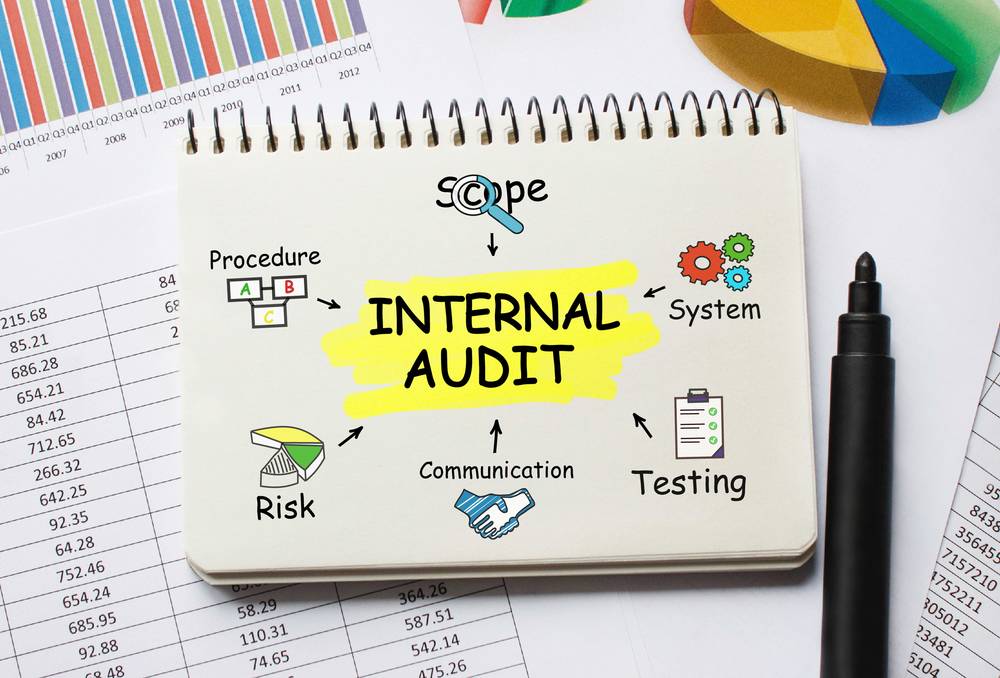INTERNAL AUDIT
INTERNAL AUDIT
Internal audit is a pivotal organizational function, revered for its systematic and objective evaluation of an entity's financial and operational activities. This integral process is conducted by a dedicated internal audit department or team within the organization. Here, we delve into the intricacies of internal audit to provide a comprehensive understanding.
Independence and Objectivity: Central to internal audit is the tenet of independence and objectivity. Internal auditors must maintain a separation from the areas they scrutinize and uphold unwavering objectivity. This independence ensures that their assessments remain free from bias and vested interests.
Scope: The breadth of internal audits can encompass diverse facets of an organization, including financial processes, regulatory compliance, operational efficiency, and risk management. The specific focus of each audit is tailored to the unique needs and objectives of the organization.
Purpose: The primary raison d'être of internal audit is to furnish management and the governing body, such as a board of directors, with assurance regarding the effectiveness of internal controls. Furthermore, it aims to pinpoint areas necessitating improvement.
Risk Assessment: Before embarking on audits, internal auditors frequently conduct risk assessments. These assessments identify potential risks that could jeopardize the organization, guiding auditors to allocate resources and attention to high-risk areas.
Compliance: A critical aspect of internal audit is the assessment of an organization's adherence to laws, regulations, and its own internal policies. This compliance facet is particularly vital in industries that are subject to stringent regulatory frameworks.
Process Improvement: Beyond mere oversight, internal auditors often serve as catalysts for process enhancement. They proffer recommendations and best practices to elevate the overall efficiency and efficacy of the organization's operations.
Reporting: Following the completion of an audit, internal auditors deliver detailed reports to the organization's management and relevant stakeholders. These comprehensive reports encompass findings, recommendations, and actionable plans for rectification and improvement.
Follow-Up: An enduring element of internal audit is the follow-up process. This ensures that recommendations are not merely suggestions but are implemented and issues resolved, bolstering the organization's resilience and vitality.
Professional Standards: Internal auditors adhere to rigorous professional standards and codes of ethics, often set forth by authoritative bodies such as the Institute of Internal Auditors (IIA). These standards are the bedrock of the profession, upholding the quality and integrity of the audit process.
Internal audit is the bedrock of corporate governance, a shield against risk, and a vanguard of organizational integrity. It's a mechanism for risk identification and mitigation, process optimization, and a source of confidence for stakeholders that the organization is managed effectively and ethically.


.jpg)